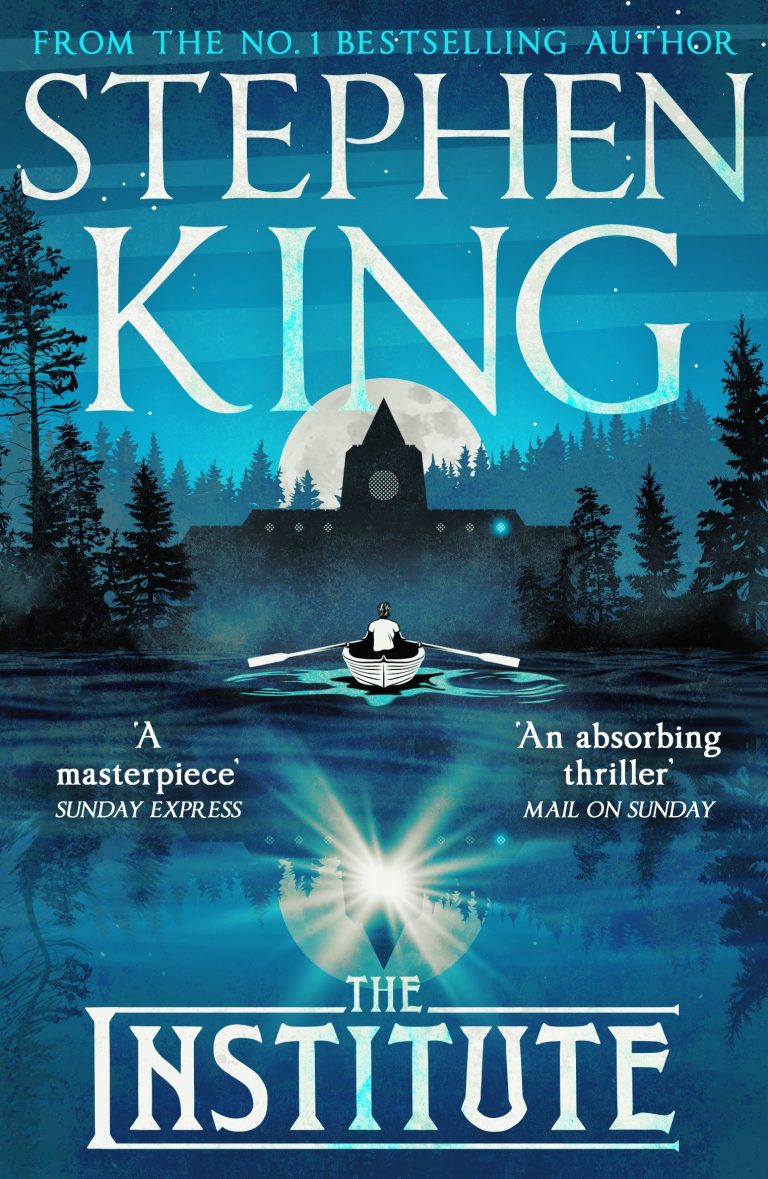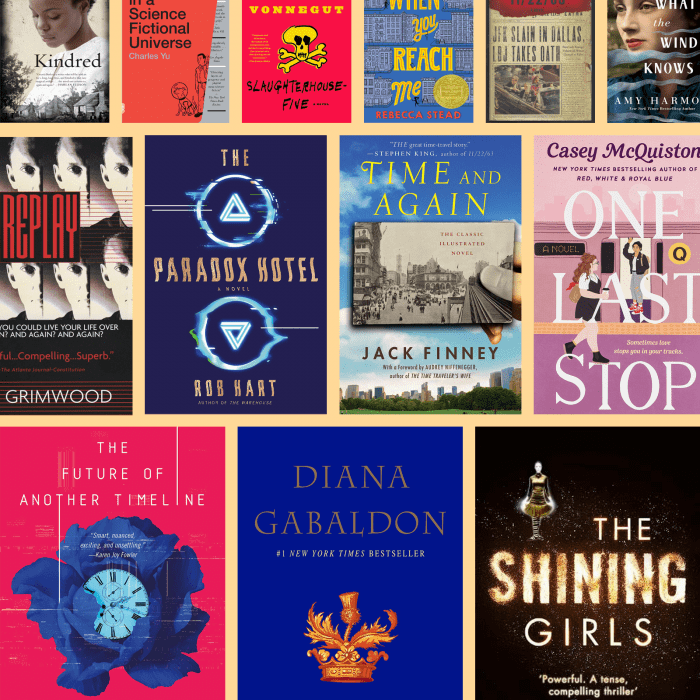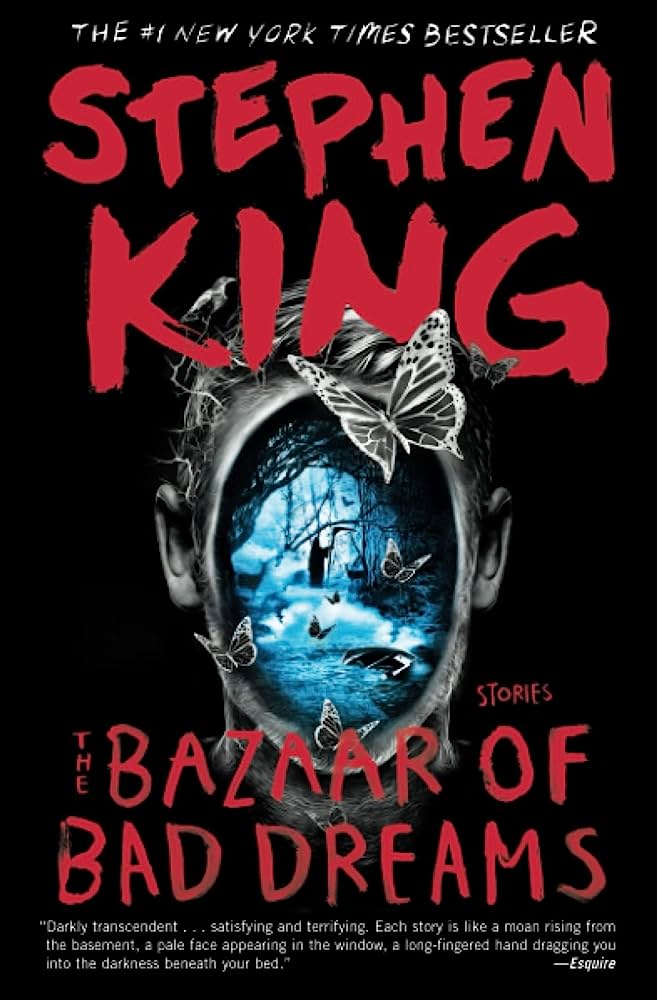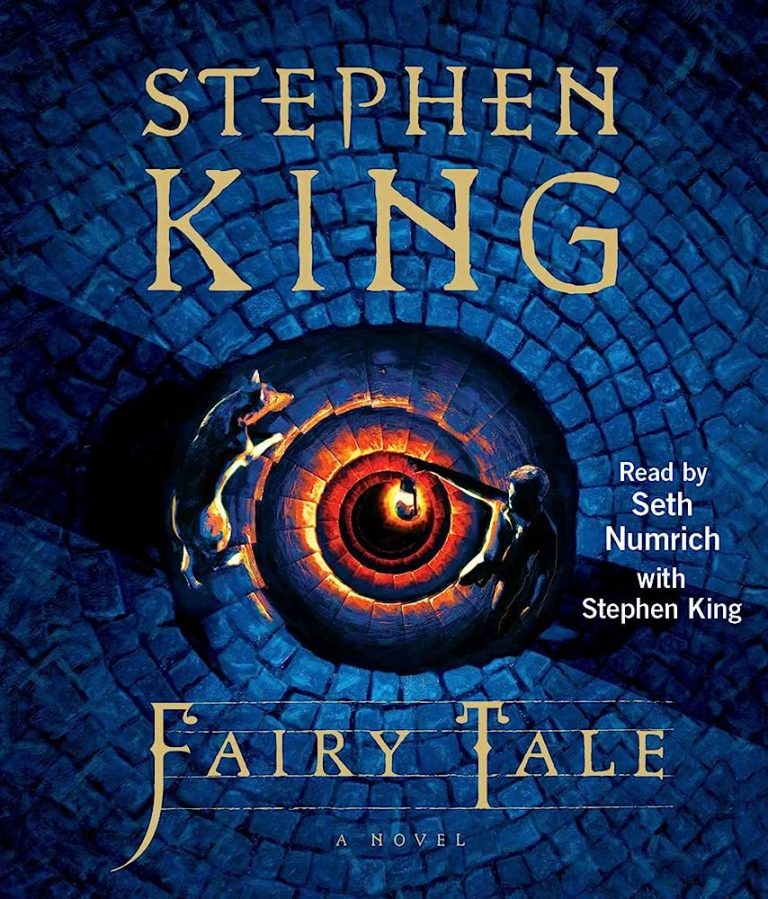Are There Any Stephen King Books Suitable For Book Clubs?
If you’re a book club enthusiast on the hunt for thrilling reads that will keep your members on the edge of their seats, you might be wondering, “Are there any Stephen King books suitable for book clubs?” Well, fear not, because the master of horror has plenty of novels that are perfect for sparking lively discussions and captivating your group. From spine-chilling tales of supernatural entities to gripping psychological thrillers, Stephen King’s diverse library offers a range of options that are sure to satisfy even the most discerning book club members.
When it comes to selecting a Stephen King book for your book club, you’ll find an abundance of choices that cater to a variety of interests. Whether you’re looking for a classic like “The Shining,” where a family’s descent into madness in an isolated hotel grips readers from the very first page, or a thought-provoking novel like “Misery,” which explores the twisted relationship between a famous author and his obsessive fan, there’s no shortage of captivating stories to choose from. So, gather your fellow bookworms, prepare for thrilling discussions, and get ready to delve into the dark and captivating world of Stephen King.
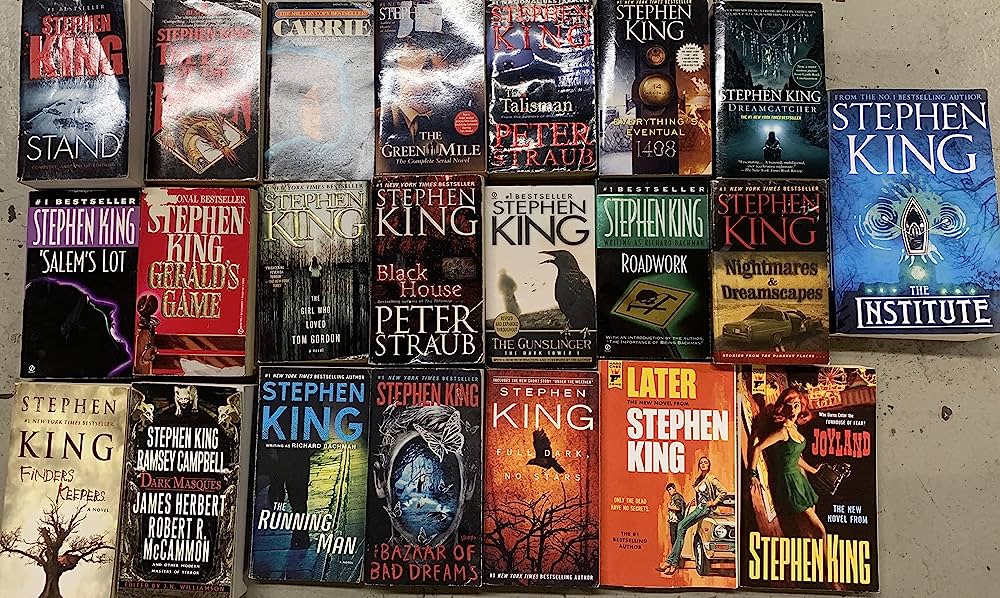
Are there any Stephen King books suitable for book clubs?
Stephen King is a renowned author known for his thrilling and suspenseful novels. Many of his books have become bestsellers and have been adapted into successful movies and TV series. While some may think that King’s books are not suitable for book club discussions, there are actually several of his works that can spark engaging conversations and provide rich material for analysis. In this article, we will explore some of Stephen King’s books that are perfect for book clubs and why they are worth considering.
The Stand: A Tale of Good vs. Evil
Stephen King’s epic novel, “The Stand,” is a gripping tale of a post-apocalyptic world where a deadly virus has wiped out a significant portion of the population. The survivors find themselves divided into two factions, one led by the benevolent Mother Abagail and the other by the sinister Randall Flagg. This book offers a wealth of themes and topics for book club discussions.
Firstly, the exploration of good versus evil is a central theme in “The Stand.” The characters in the novel are faced with moral dilemmas and the struggle to maintain their humanity in a world that has descended into chaos. Book club members can delve into the complexities of the characters’ choices and discuss the nature of evil and the power of redemption.
Additionally, “The Stand” touches on societal issues such as the collapse of civilization, the role of government, and the resilience of the human spirit. These topics can spark insightful conversations about the fragility of society and the potential consequences of a catastrophic event. King’s masterful storytelling and vivid character development make “The Stand” an ideal choice for book clubs seeking thought-provoking discussions.
Carrie: An Exploration of Bullying and Revenge
Stephen King’s debut novel, “Carrie,” is a haunting exploration of bullying, revenge, and the destructive power of isolation. The story revolves around Carrie White, a high school student with telekinetic abilities who becomes the target of relentless bullying by her peers. As the pressure mounts, Carrie’s powers intensify, leading to a catastrophic climax.
One of the main themes of “Carrie” is the examination of the consequences of bullying. The novel portrays the devastating effects of relentless torment and the potential for violence that can arise as a result. Book club members can discuss the impact of bullying on individuals and society as a whole, raising awareness of the importance of empathy and compassion.
Furthermore, “Carrie” delves into the theme of revenge and the blurred line between victim and perpetrator. King’s exploration of the psychological ramifications of bullying and the character development of Carrie provide ample material for in-depth discussions on the nature of revenge and its consequences.
In conclusion, while Stephen King is primarily known for his horror novels, there are several of his works that are highly suitable for book club discussions. “The Stand” and “Carrie” are just two examples of his books that explore complex themes and offer valuable insights into the human condition. By delving into these novels, book club members can engage in meaningful conversations about morality, societal issues, and the power of resilience. So, why not consider adding a Stephen King book to your book club’s reading list and discover the captivating worlds he has created?
The Importance of Book Club Discussions
Book clubs provide a unique space for readers to come together and share their thoughts and opinions on a particular book. The discussions that take place within these groups can enhance the reading experience and provide valuable insights into the themes and messages conveyed by the author. Here are some reasons why book club discussions are important:
1. Broadening Perspectives: Book club discussions expose readers to different perspectives and interpretations of a book. Hearing others’ thoughts can challenge our own beliefs and expand our understanding of the text.
2. Analyzing Themes and Symbolism: Book clubs allow for a deeper analysis of the themes and symbolism present in a book. By discussing these elements, readers can gain a deeper appreciation for the author’s intentions and the layers of meaning within the story.
3. Building Connections: Book clubs provide an opportunity to connect with fellow book lovers who share a passion for reading. Engaging in discussions can foster new friendships and create a sense of community among members.
4. Enhancing Critical Thinking Skills: Participating in book club discussions encourages critical thinking and analytical skills. Members can practice articulating their thoughts and defending their interpretations, fostering intellectual growth.
5. Discovering New Perspectives: Book clubs often introduce readers to books they may not have chosen on their own. The diverse range of reading selections exposes members to a variety of genres, writing styles, and authors, broadening their literary horizons.
6. Creating a Social Outlet: Book clubs offer a social outlet for individuals who enjoy reading. By coming together regularly to discuss books, members can engage in stimulating conversations and form lasting bonds with like-minded individuals.
In conclusion, book club discussions play a vital role in enhancing the reading experience and fostering a sense of community among readers. By engaging in thoughtful conversations about the themes, characters, and messages within a book, readers can gain new insights and deepen their appreciation for literature. So, whether you’re discussing a Stephen King novel or any other book, book club discussions are a valuable and enriching experience.
Key Takeaways: Are there any Stephen King books suitable for book clubs?
- 1. Stephen King’s books often contain elements of horror, suspense, and supernatural, which can spark interesting discussions in book clubs.
- 2. “The Green Mile” is a great choice for book clubs as it explores themes of justice, morality, and redemption.
- 3. “Misery” is another Stephen King novel that can generate lively discussions on obsession, power dynamics, and the nature of creativity.
- 4. “11/22/63” is a time-traveling tale that delves into historical events, allowing book club members to explore the “what if” scenarios.
- 5. “The Shining” offers a rich examination of isolation, madness, and the dark side of human nature, making it an intriguing choice for book clubs.
Frequently Asked Questions:
1. Which Stephen King books are suitable for book clubs?
Many of Stephen King’s books are suitable for book clubs due to their complex characters, thought-provoking themes, and engaging storytelling. Here are five Stephen King books that would make great choices for book club discussions:
a) “The Shining”: This iconic horror novel explores themes of isolation, addiction, and the breakdown of family relationships. It delves into the psychological toll of a haunted hotel on its residents, making it a compelling choice for book club analysis.
b) “Misery”: This psychological thriller revolves around an author held captive by his number one fan. It raises questions about obsession, power dynamics, and the blurred lines between fiction and reality.
2. What makes Stephen King’s books suitable for book club discussions?
Stephen King’s books are suitable for book club discussions because they often tackle deeper themes and explore complex human emotions. His characters are well-developed and his storytelling is captivating, providing plenty of material for analysis and interpretation. Additionally, King’s works often blend genres, allowing for diverse discussions and different perspectives among book club members.
Furthermore, Stephen King has a large body of work spanning various genres, from horror to thriller to supernatural fiction. This variety gives book clubs the opportunity to choose books that align with their members’ preferences and interests.
3. How can book clubs approach discussing Stephen King’s books?
When discussing Stephen King’s books in a book club setting, it can be helpful to focus on the following aspects:
a) Themes: Identify and analyze the central themes explored in the book. Discuss how they resonate with the characters and the overall narrative.
b) Characters: Examine the development of the characters and their motivations. Discuss their strengths, weaknesses, and the impact they have on the story.
c) Writing Style: Discuss Stephen King’s writing style and how it contributes to the overall experience of reading the book. Pay attention to his use of imagery, symbolism, and suspense-building techniques.
d) Impact: Explore the impact the book had on each reader. Discuss the emotions it evoked, the lessons learned, and any personal connections or reflections it inspired.
4. Are there any Stephen King books that are not suitable for book clubs?
While Stephen King’s books are generally suitable for book clubs, there are a few that may not be ideal for all groups. Some of his books contain graphic violence, intense horror elements, and mature themes that may not be suitable for all readers. It’s important for book club organizers to consider the preferences and sensitivities of their members before choosing a Stephen King book for discussion.
Additionally, some of King’s longer works, such as “It” or “The Stand,” can be quite lengthy and may require a significant time commitment from book club members. It’s important to consider the group’s reading pace and availability before selecting these books.
5. How can book clubs engage with Stephen King’s books beyond discussion?
In addition to discussing Stephen King’s books, book clubs can engage with his works in other creative ways. Here are a few ideas:
a) Movie Night: Watch film adaptations of Stephen King’s books and compare them to the original source material. Analyze how the story was translated to the screen and discuss any differences or similarities.
b) Author Study: Explore Stephen King’s writing process and delve into his other works. Read interviews, articles, and essays about his craft. This can provide deeper insights into his storytelling techniques and themes.
c) Book vs. Book: Compare and contrast different Stephen King books within the book club. Discuss common themes, writing styles, and character arcs. This can lead to interesting discussions about King’s recurring motifs and narrative choices.
d) Stephen King-Inspired Writing: Encourage book club members to write their own short stories or essays inspired by Stephen King’s works. Share and discuss these pieces during book club meetings, fostering creativity and personal connection to the author’s writing.
Welcome to the STEPHEN KING Book Club
Final Summary: Stephen King Books that Will Spice Up Your Book Club
Now that we’ve explored the question of whether there are any Stephen King books suitable for book clubs, the answer is a resounding yes! While King is primarily known for his horror novels, he has written several books that are perfect for stimulating discussions and captivating book club members. From psychological thrillers to coming-of-age tales, King’s diverse range of stories offers something for everyone. So, if you’re looking to add a little spice and excitement to your book club meetings, consider diving into the world of Stephen King.
One of the great things about Stephen King’s books is their ability to generate thought-provoking conversations. Whether it’s dissecting the complex characters and their motivations or exploring the underlying themes and symbolism, there is plenty to delve into. Take, for example, “The Shining,” a chilling tale of isolation and madness. This novel raises questions about the nature of evil, the power of the mind, and the consequences of isolation. These themes make it an excellent choice for book club discussions, as members can share their interpretations and delve into the psychological depths of the story.
Another book that can ignite passionate conversations is “Misery.” This gripping psychological thriller explores the twisted relationship between an author and his obsessive fan. It delves into the themes of obsession, control, and the blurred lines between fiction and reality. Book club members can explore the moral dilemmas presented in the story and discuss the limits of artistic expression.
So, don’t hesitate to bring Stephen King into your book club discussions. His books not only entertain but also challenge readers to think deeply about human nature, society, and the human psyche. With their rich storytelling and thought-provoking themes, Stephen King’s novels are sure to keep your book club members engaged and eager for more.


